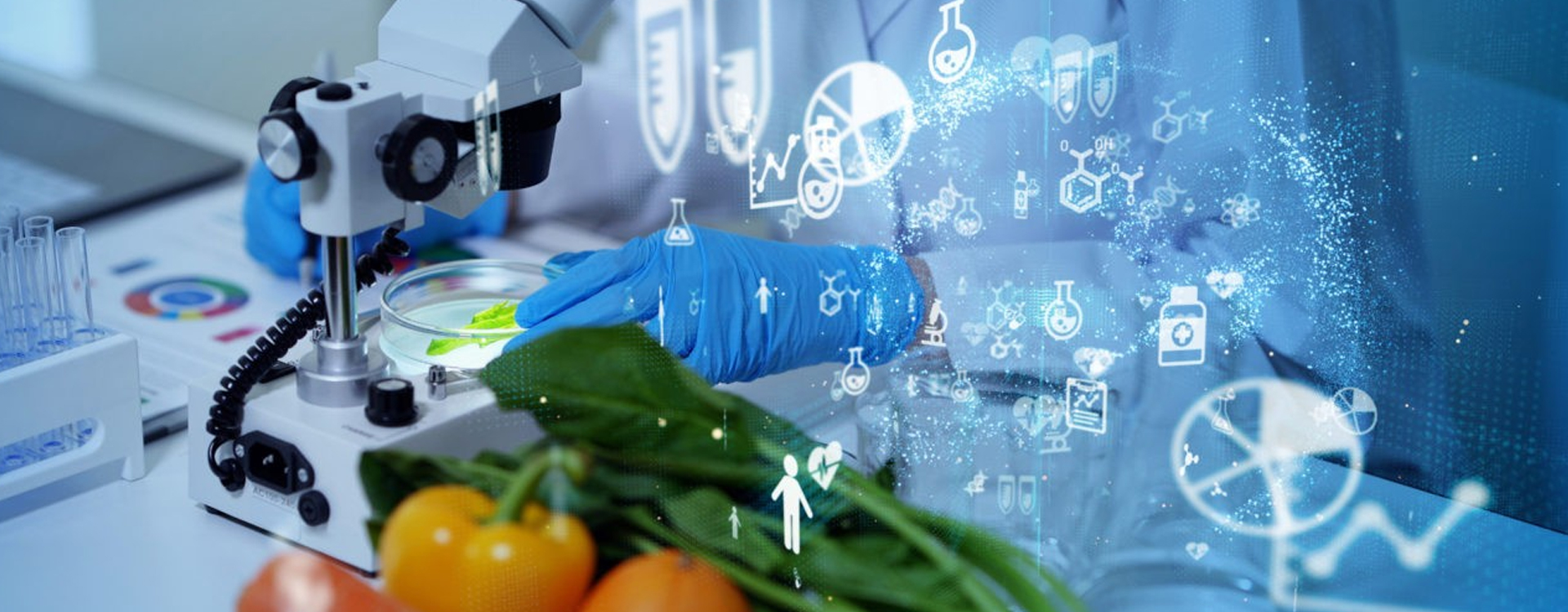Seminar Details
Over the last few years, there has been a rising trend in the consumption of plant-based milk alternatives (PBMAs) due to several health, environmental, and ethical issues linked to cow milk consumption. PBMAs are colloidal suspensions or emulsions prepared from the disintegration of various plant-based materials. They aim to mimic cow milk in terms of its taste, texture, nutritional profile, health attributes, and functional properties. Watermelon seeds constitute 1 &ndash 4% of the total fruit mass and are underutilized. The seed kernels are a rich source of all the essential amino acids, unsaturated fatty acids, vitamins, minerals, and other bioactive compounds. They are sometimes consumed as snacks or added to sweets, curries, and bakery products. They have also been explored for extracting proteins and lipids and can be used as raw material for developing PBMA. Ultrasonication is a proven method for faster hydration of grains and seeds to ease extraction of PBMA from them. It also enhances the solubility of proteins and reduces their antinutritional components and particle size. Probiotic fermentation of PBMAs is widely used to improve their stability, nutritional and sensory attributes, and enhance their &gamma-aminobutyric acid (GABA) content. The inactivation of probiotic microbes produces postbiotic compounds, which have better stability during food processing, handling, and storage. Moreover, they do not have viability or food safety issues, making them ideal for applications in functional foods, especially for immune-compromised populations. The current study aims to develop a postbiotic and GABA-enriched PBMA using watermelon seed kernels as a functional food product.


